Scientists-Scholars
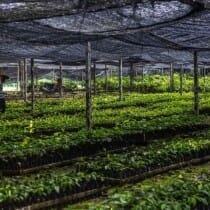
Restoring degraded tropical forests generates big carbon gains
An international team of scientists from 13 institutions, including researchers from the Arizona State University Center for Global Discovery and Conservation Science, has provided the first long-term comparison of aboveground carbon recovery rates between naturally regenerating and actively restored forests in Southeast Asia. The researchers found that restoration practices improved carbon storage recovery by more than 50% compared to natural regeneration.

Hristovski on ammonium nitrate and the Beirut explosion
Regardless of trigger, ammonium nitrate was likely basis for Beirut explosion, says sustainability scientist Kiril Hristovski, program chair for the Environmental and Resource Management Program with expertise in hazardous materials management. Read the Q&A with ASU Now.
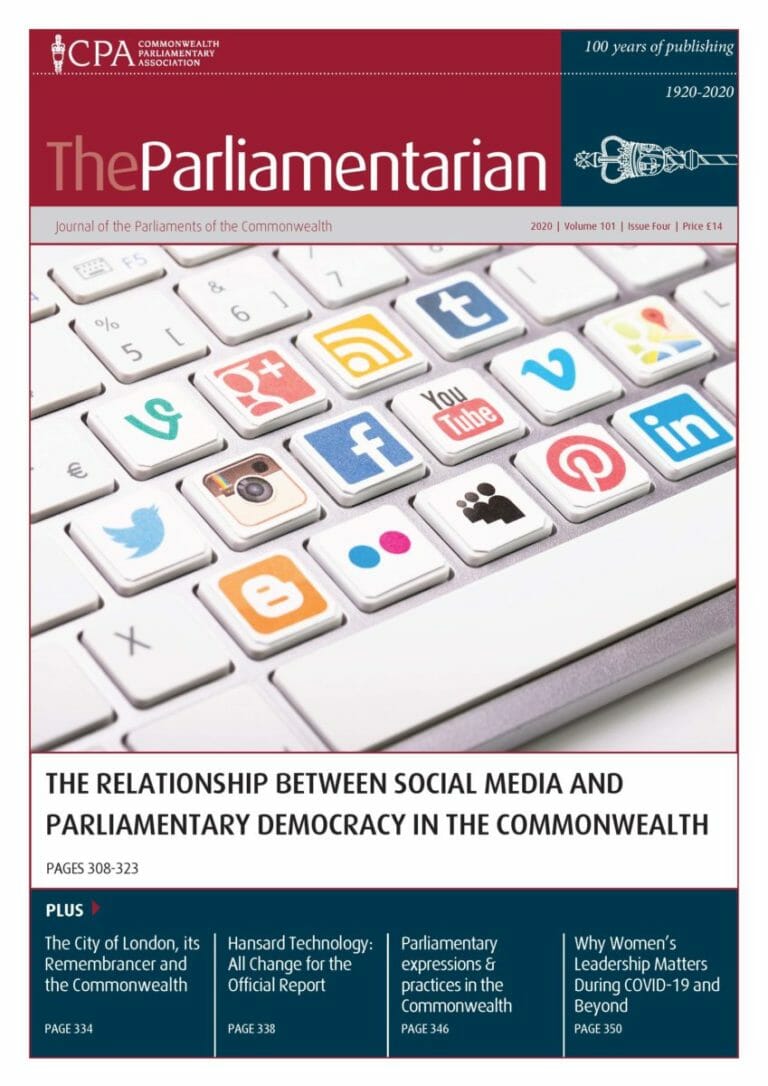
Ellis pens piece on women’s leadership through COVID times
Comprising only some 8% of political leaders globally, women have accounted for an estimated 40% of the most successful responses to COVID-19. Women-led countries have a six-times lower death rate than those led by male counterparts in similar countries.
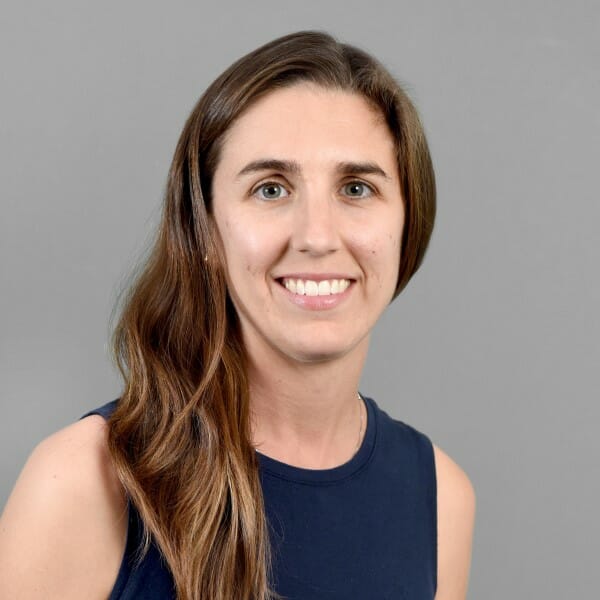
Affirmatively Furthering Fair Housing act important for socially diverse neighborhoods
Sustainability scientist Deirdre Pfeiffer explains the history of the AFFH, what she views as its strengths, her concerns about its repeal, and how local municipalities can continue making progress toward creating inclusionary and equitable neighborhoods despite the repeal.

Wednesday: Teaching in the Wake of Racial Violence with Carol Anderson
All are invited to attend a conversation with acclaimed historian Carol Anderson, human and civil rights advocate, expert on African American history and 20th-century politics and the author of the critically-acclaimed “White Rage.” The event is sponsored by ASU’s Institute for Humanities Research.
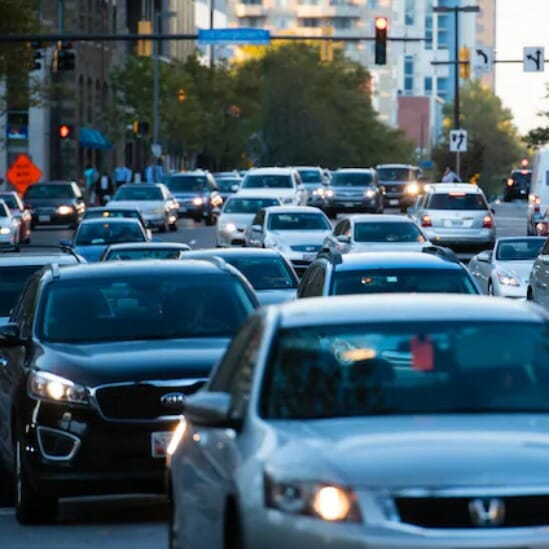
Chester comments on climate change and our already-taxed infrastructure
“We need to fundamentally reassess what our systems need to be able to deliver, and under what conditions,” said sustainability scientist Mikhail Chester in an August 8 article in the Washington Post.

Video: Convergence Lab: Social Cohesion in a Time of Crisis
Convergence Lab/ASU in Mexico is hosting an online event with sustainability scientist Craig Calhoun, University Professor of Social Sciences, and Alexandra Zapata, a researcher, activist, and former deputy director of the prestigious think tank Instituto Mexicano para la Competitividad.
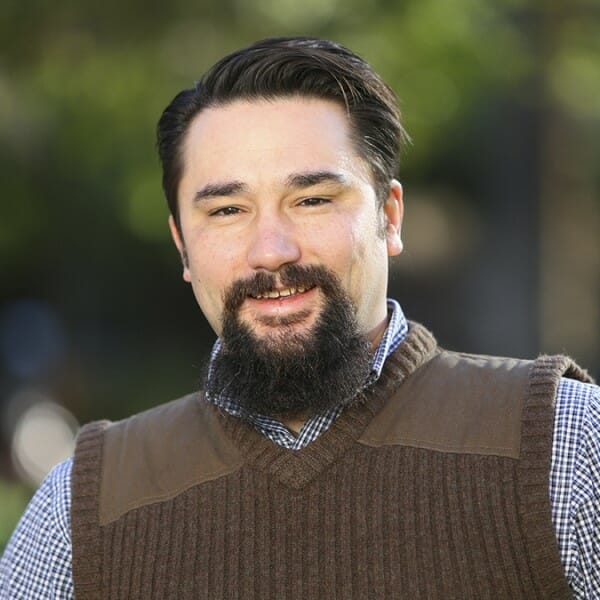
Moore receives Department of Energy Career Award
Sustainability scientist Gary Moore studies the fundamental science of energy conversion processes, including those required to use solar energy for producing fuels and other value-added chemical products. The research aims to unleash sustainable-chemistry and renewable-energy technologies that address global-scale demands.
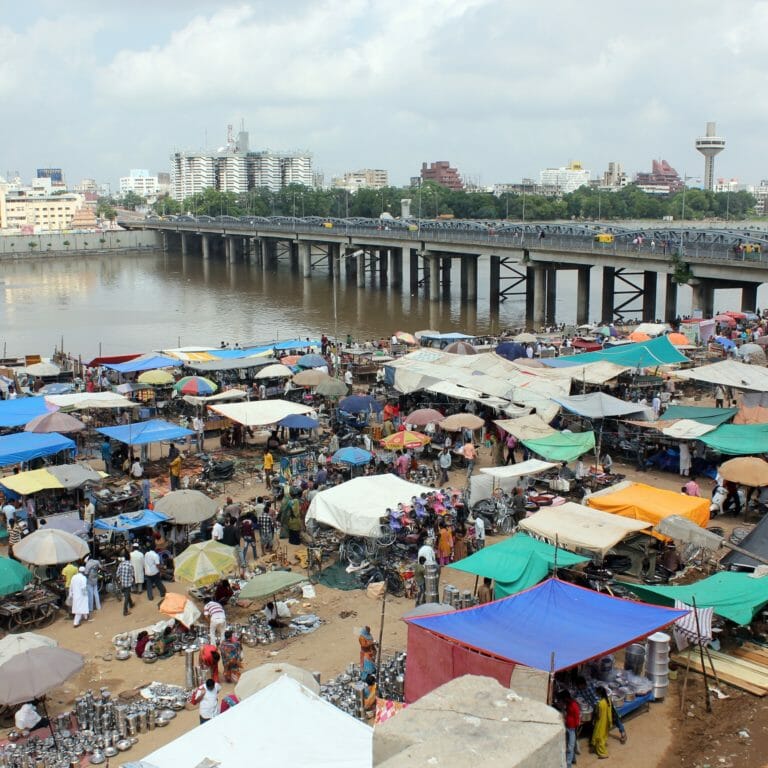
If “the economy” is collapsing, how do people survive?
In this Medium post, the Human Economies Working Group of the Global Futures Laboratory discusses the importance of the informal economy, especially in times of crisis. The authors advocate for “an understanding of economic activity that…is centered on the long-term well-being of humans and the rest of the planet.”
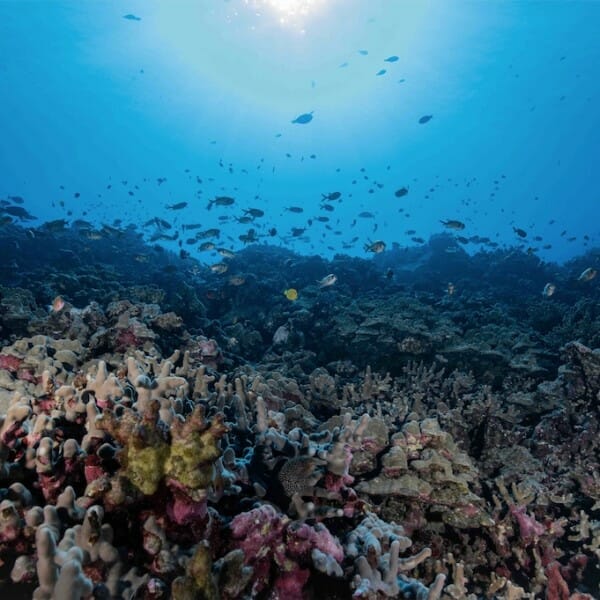
Study reveals long-term human impacts on reef fish
Researchers from ASU’s Center for Global Discovery and Conservation Science and Hawaii Division of Aquatic Resources observed an alarming 45% decrease in fish biomass over a decade of surveys. The scientists proposed actionable solutions to mitigate future losses.
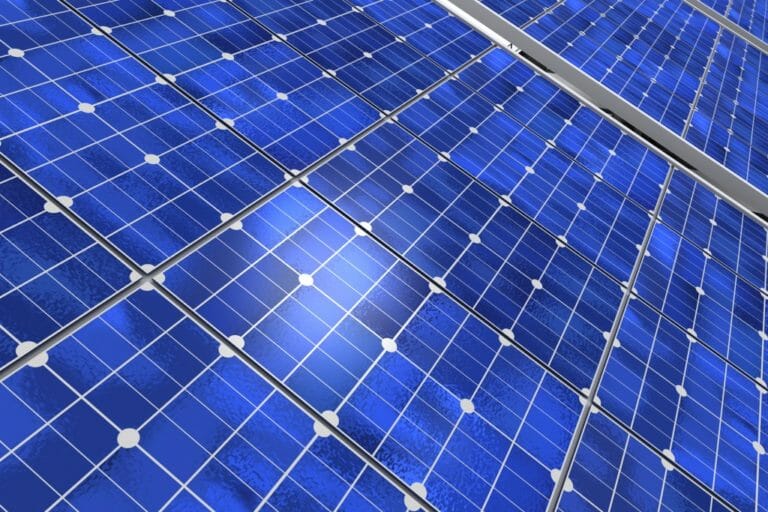
DOE establishes new EFRC at ASU
The center, called Ultra Materials for a Resilient, Smart Electricity Grid, or Ultra EFRC, is headed by Regents Professor of physics Robert Nemanich and Professor of electrical engineering Stephen M. Goodnick.

ASU, Zimin Foundation partner for future of urban tech
The new Zimin Institute for Smart and Sustainable Cities will help support applied research projects to drive a people-centric vision for the future of cities.